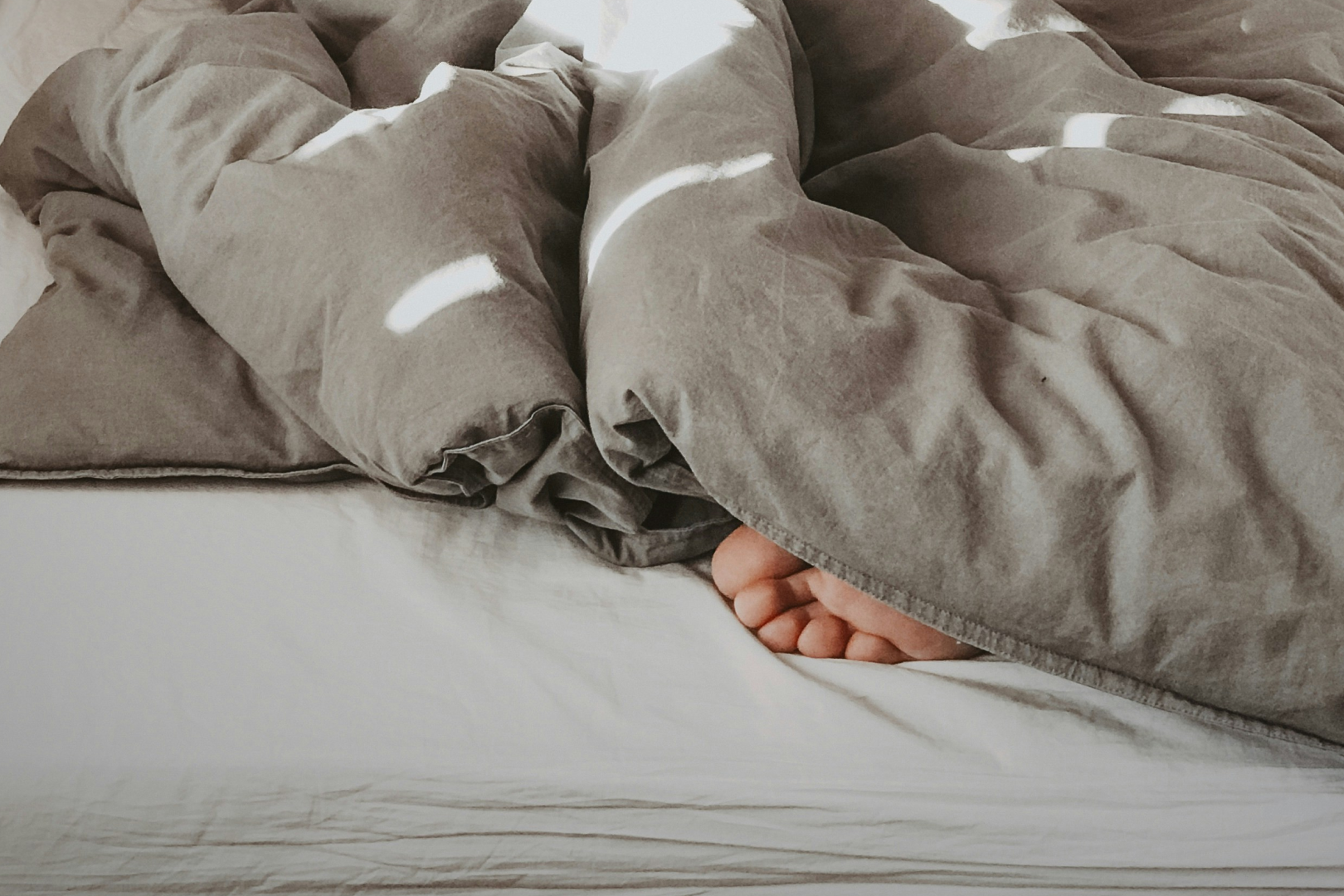The optimal amount of sleep will support a healthy body, mind, and lifestyle. While many people know and understand that too little sleep can have a negative effect on the body, there is less common knowledge on oversleeping. In fact, there are many cases of people using sleep to stimulate weight loss: they don’t eat while they are asleep.
However, sleeping too much can be just as dangerous as not sleeping enough, particularly for your overall health, but also in terms of weight loss and gain.
This post will outline the link between oversleeping and the body, determine if oversleeping makes you fat, and work out the optimal sleep to maintain a healthy body and lose weight if that’s your desired goal.
How Sleep Affects Weight
Your weight can be affected by both oversleeping and undersleeping. Undersleeping can affect your waistline due to a change in the hormone production in your body. Indeed, sleeping less may cause you to gain weight because of reduced leptin levels, which makes you feel full.
Sleep-deprived people have increased levels of ghrelin, the hunger-stimulating hormone. That’s why experts determine that the optimal amount of sleep per night is between 7-9 hours.
Will I Lose Weight If I Sleep All Day?
There have been several reports of people using excess sleep as a way to lose weight. It’s easier to skip meals and avoid eating food if you are asleep. However, excessive sleeping targeted around mealtimes is a dangerous weight loss route to take.
You may end up depriving your body of the essential calories it needs to function normally. While you’ll likely lose weight, this won’t be done in a healthy way that benefits your bodily functions.

Oversleeping Can Cause Damage, Too
Sleeping more can be just as damaging to your weight as not sleeping enough. Too much sleep is linked to a number of health problems, including:
- Problems with cognition, including memory problems
- Depression, anxiety, and other mood problems
- Increased inflammation in the body
- Body pain
- Increased risks for heart disease and stroke
- Greater all-cause mortality risks
Plus, oversleeping can affect your body’s biological clock and circadian rhythm. Our bodies work to a cycle every day, and it’s how our brain knows when to release specific chemicals and hormones. If you throw this off by deliberately oversleeping, your bodily functions will be affected.
How Can I Create A Healthy Sleep Schedule?
Having a healthy sleep schedule will directly benefit your body and mind and help with any weight loss if that’s your current goal. If you’re struggling to sleep, or currently sleeping more than usual, consider these steps to benefit your brain and body:
- Certain medications and supplements can affect your sleep cycle. For example, excess caffeine can make you more excitable, and antihistamines can make you drowsy. Consider if you need these in your daily routine if they’re affecting your sleep cycle.
- Get plenty of natural sunlight in the morning and limit your artificial light in the afternoon and evening. This is particularly true for just before bedtime: limit any blue light (so phones or laptops) at least one hour before bed.
- Try and wake up with the natural light rather than by an alarm clock in the mornings, as this can help your body’s natural clock.
- Create a sleep schedule and stick to it, even on the weekends.
- Try and limit naps as much as you can so that you can (hopefully) get a sleep cycle of 7-9 hours each night.
It’s clear that sleep affects weight loss. While oversleeping can cause temporary weight loss, it is also excessively dangerous for the body due to a lack of the needed calories and nutrients caused by missing mealtimes.
Plus, several problems can develop from oversleeping, as shown in this post. It’s clear that the best way to generate healthy weight loss is through a sleep cycle of 7-9 hours. This ensures your body gets the level of sleep needed to perform its bodily functions properly every single night.






